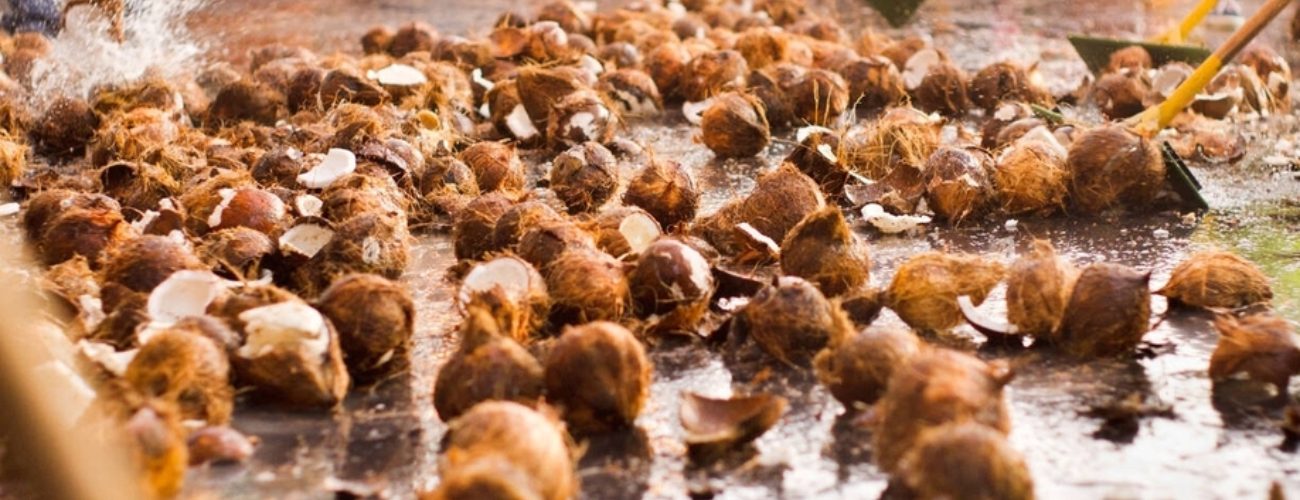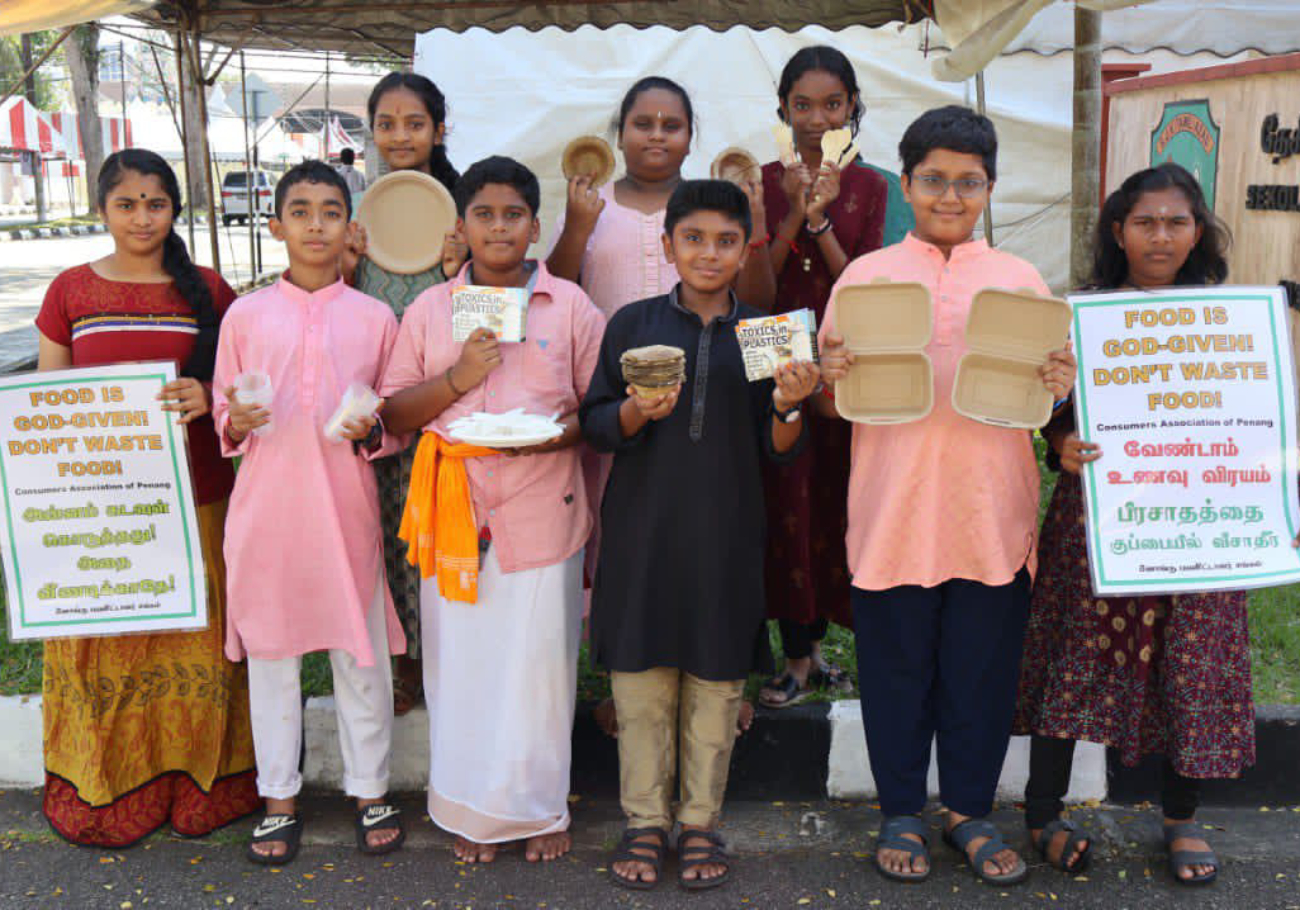
As Thaipusam, a significant Hindu festival, approaches on January 25, 2024, the Consumers Association of Penang (CAP) and Malaysia Hindu Sangam Penang State Council are joining forces to encourage devotees to adopt eco-friendly practices.
The focus is on minimising plastic usage, particularly single-use plastics like cups and food containers, as well as promoting responsible consumption.
Eco-friendly push for Thaipusam
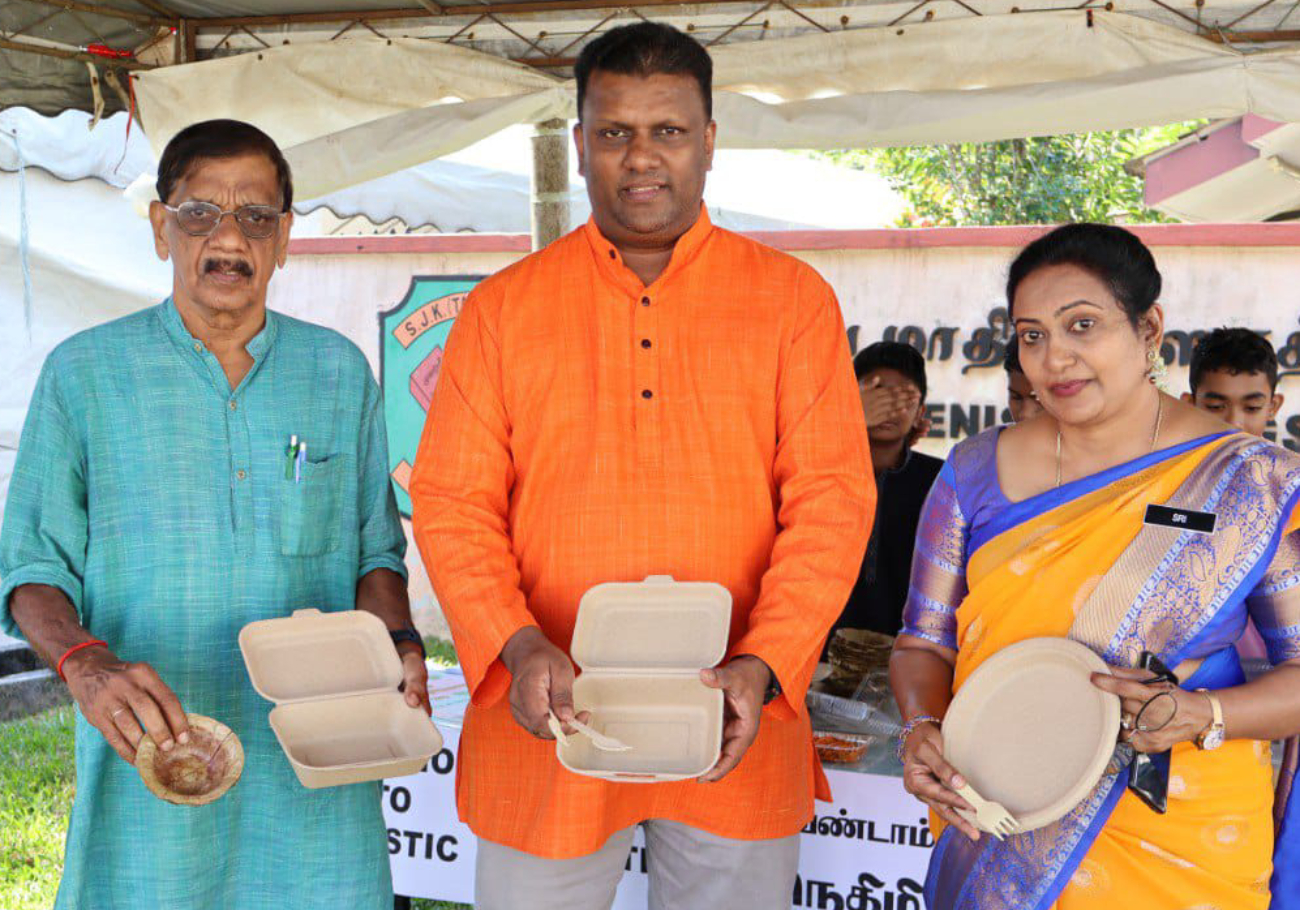
CAP and Penang State Hindu Sangam are advocating for the reduction of plastics and polystyrene during Thaipusam, emphasising the environmental impact of such materials.
N.V. Subbarow and A. Tharman, representing CAP and Penang State Hindu Sangam, respectively, issued a statement, suggesting alternatives like paper plates, containers, cups, reusable bags, and even plates made from leaves.
They also encourage the use of stainless steel cups that can be washed and reused.
“We hope that the temple management and panthal operators will do away with plastic and polystyrene food containers when serving food to devotees.
We also urge those serving food to reduce their serving size while giving out annadanam or free food,” the statement emphasised.
Penang devotees urged to share, donate
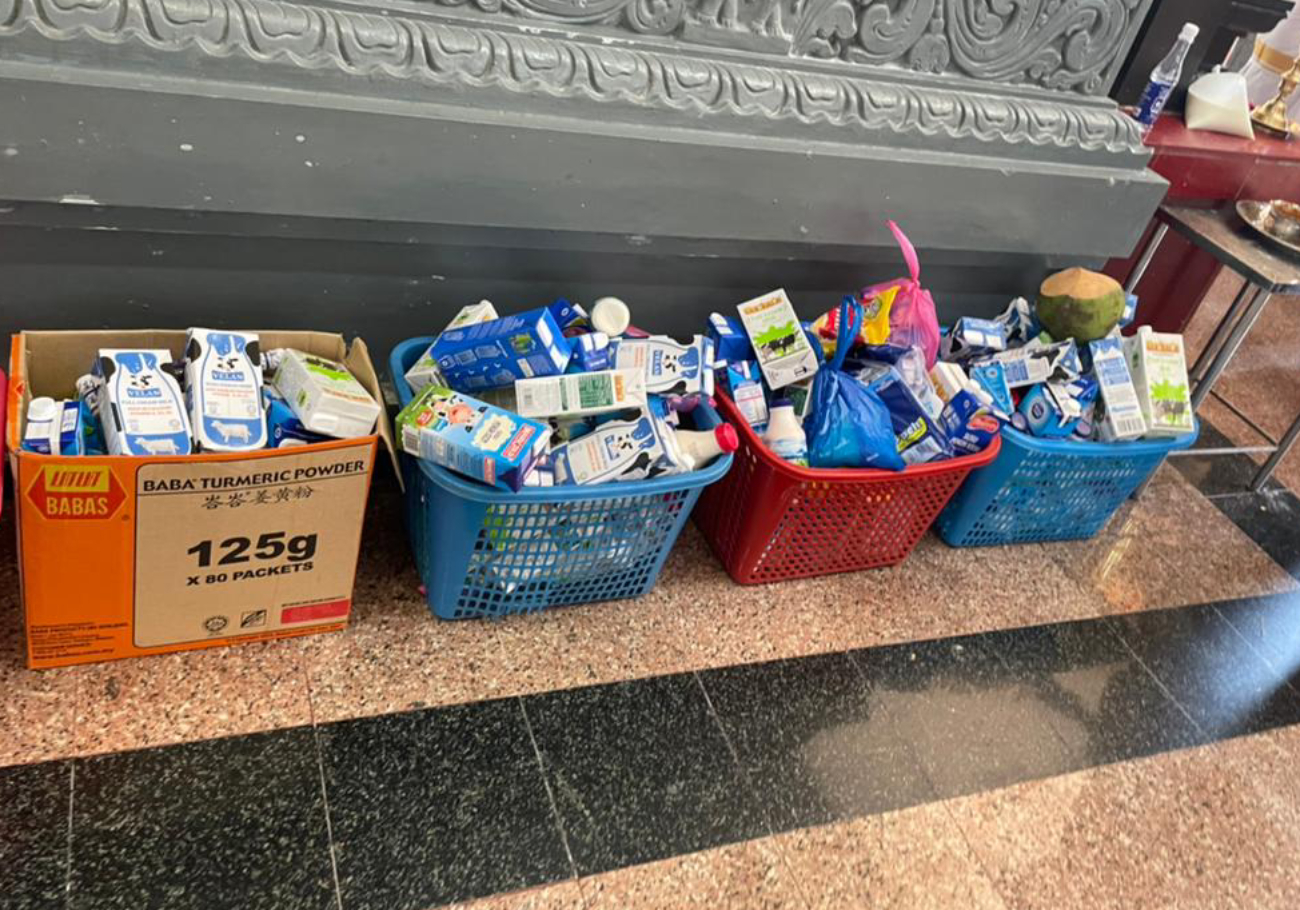
P. Murugiah, President of the Penang Hindu Association (PHA), is advising devotees to be mindful of wastage during Thaipusam processions.
He highlights the potential for kindness and charity during the festival, suggesting that extra and unopened packets of milk, traditionally offered during Thaipusam, could be donated to the less fortunate.
“It will be such a waste to throw away all the milk when we can practice responsible and compassionate sharing. Thaipusam is not just a time for personal devotion but also an opportunity to express kindness and support to those in need,” Murugiah said.
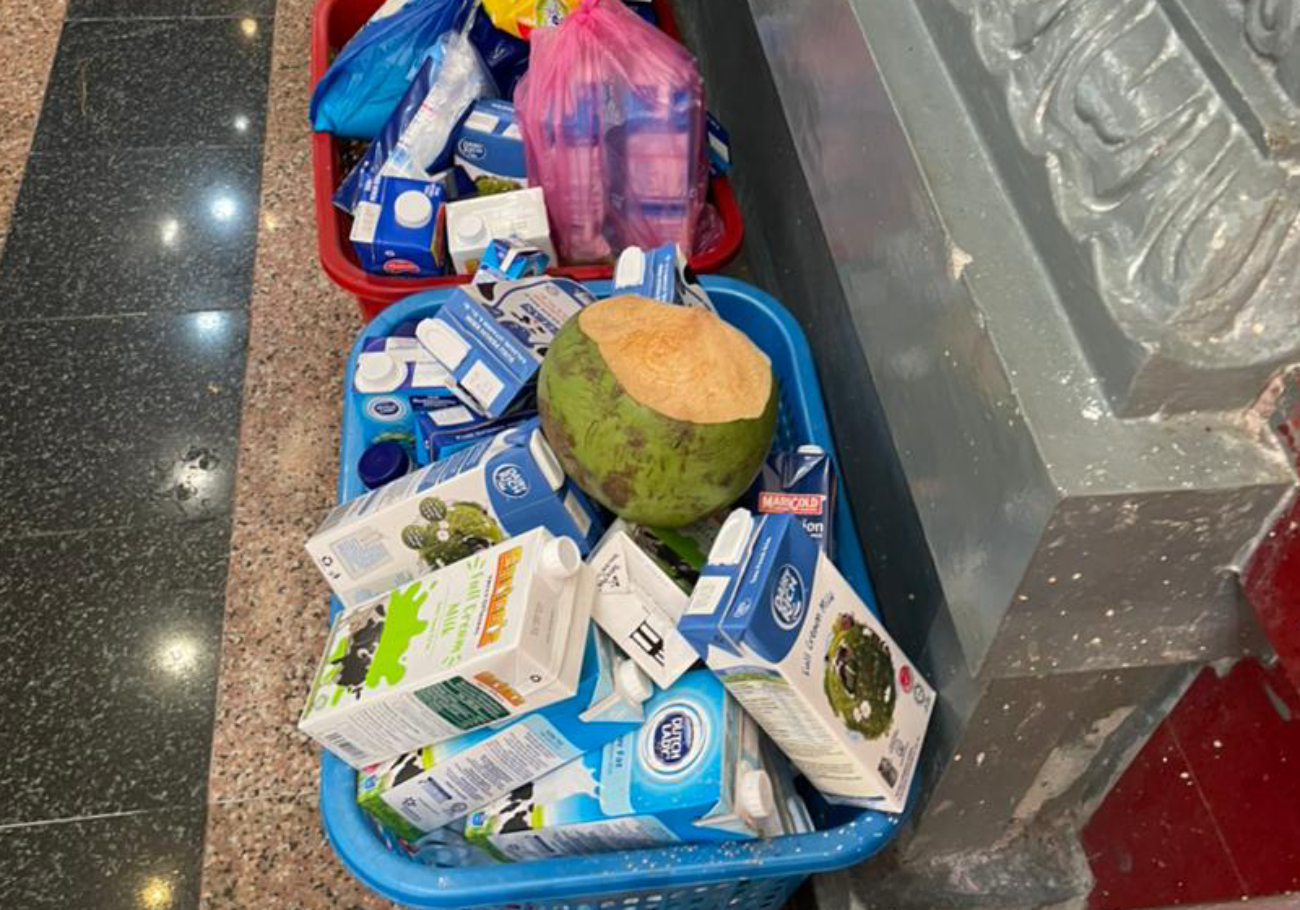
He encourages devotees to donate unopened packets of milk to underprivileged families, orphanages, old folks’ homes, and homeless shelters. The act reflects the spirit of charity and inclusivity, making Thaipusam a meaningful occasion for both personal devotion and community support.
Murugiah further emphasises the need for mindfulness in coconut breaking, urging individuals to adopt a mindful approach by using resources sparingly and avoiding unnecessary consumption. He suggests that it is not about the quantity but the sincerity of actions during this sacred festival.
The collective call for sustainable practices and mindful consumption during Thaipusam reflects a growing awareness of environmental responsibilities within the community.
As devotees prepare to celebrate, the focus on reducing environmental impact and promoting charity adds a meaningful dimension to the festival, aligning traditions with contemporary eco-conscious values.


